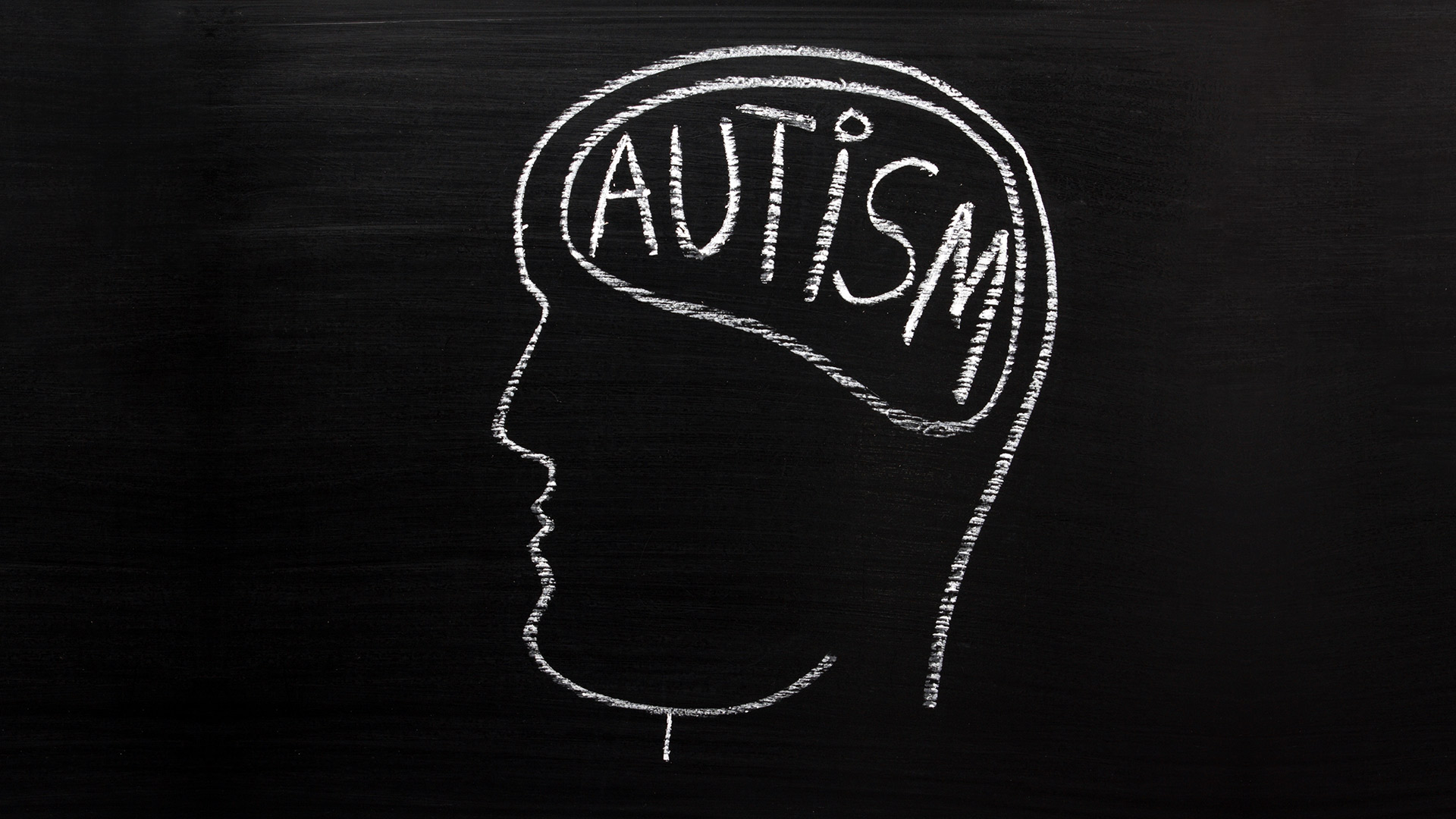
Utah lawmakers have passed a bill that would allow individuals to alert law enforcement to any “invisible conditions” — mental or physical — they may have to prevent potentially fatal interactions.
Lawmakers hope the legislation will save more lives by allowing individuals with conditions like autism, which can lead to dangerous behaviors such as erratic actions or ignoring police orders, to warn offers of their condition prior to an encounter.
The bill passed both chambers of the legislature and heads to the governor’s desk for approval.
According to the bill, those with invisible conditions – such as autism, diabetes, Parkinson’s, dementia or PTSD — will be able to register with the state and obtain a decal they can put on their car or a mark that goes on their driver’s license to signify their diagnosis.
Bill sponsor Representative Steve Eliason of Sandy said that misunderstandings between those with such conditions and police officers have often had “tragic outcomes.”
According to a database of police shootings compiled by The Salt Lake Tribune, more than 40% of shootings between 2010 and 2020 involved someone having a mental crisis or someone with a mental health condition.
Co-sponsor Senator Jacob Anderegg said that the bill will also allow individuals with a diagnosis to register their information to management or computer-aided dispatch systems police use to check for warrants or criminal history.
This means that any time an officer or dispatcher inputs a person’s name or address into the system, they are then notified of the person’s condition.
Anderegg said that being aware of a person’s conditions could help law enforcement officers to change their approach or utilize their de-escalation training during interactions with such individuals.
“My goal was to try to provide a tool and solution such that people who were concerned for their loved ones could pre-engage and make sure that, as much as possible, that our first responders had the information and the tools necessary so that their loved ones could come home,” Anderegg said.
The bill does not require those with such conditions to participate in the program, but lawmakers hope it will give peace of mind to many suffering with invisible conditions.
“I think this is a small step to protect both law enforcement and give them additional tools, as well as give individuals who have an invisible condition or disability the option to make that known to help further the information that’s out there,” Eliason said.
The bill also directs money to the Department of Health and Human Services to promote awareness of the program.





